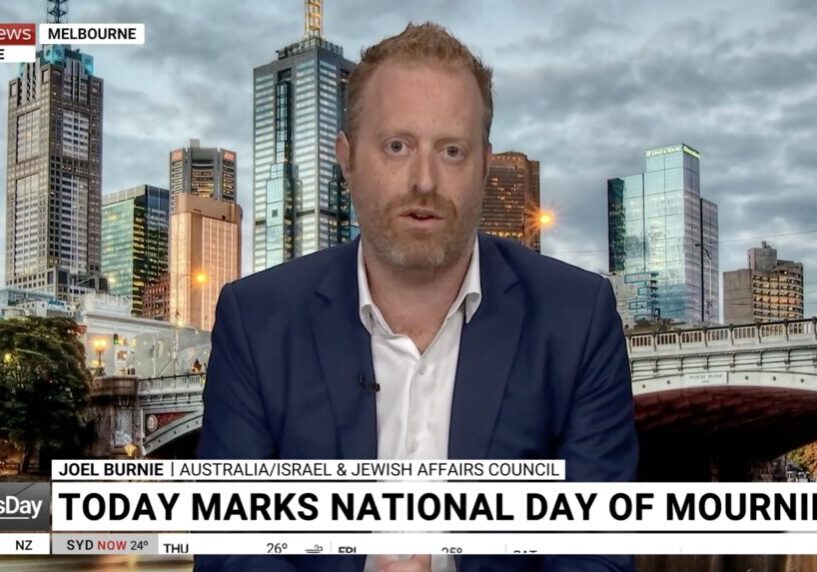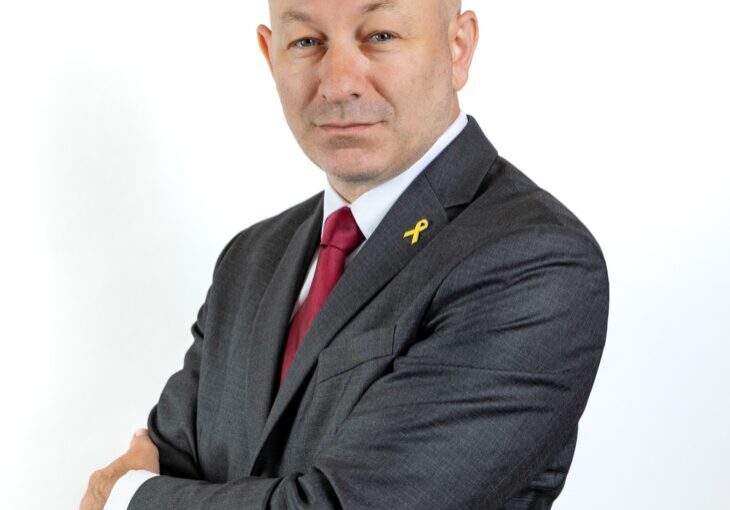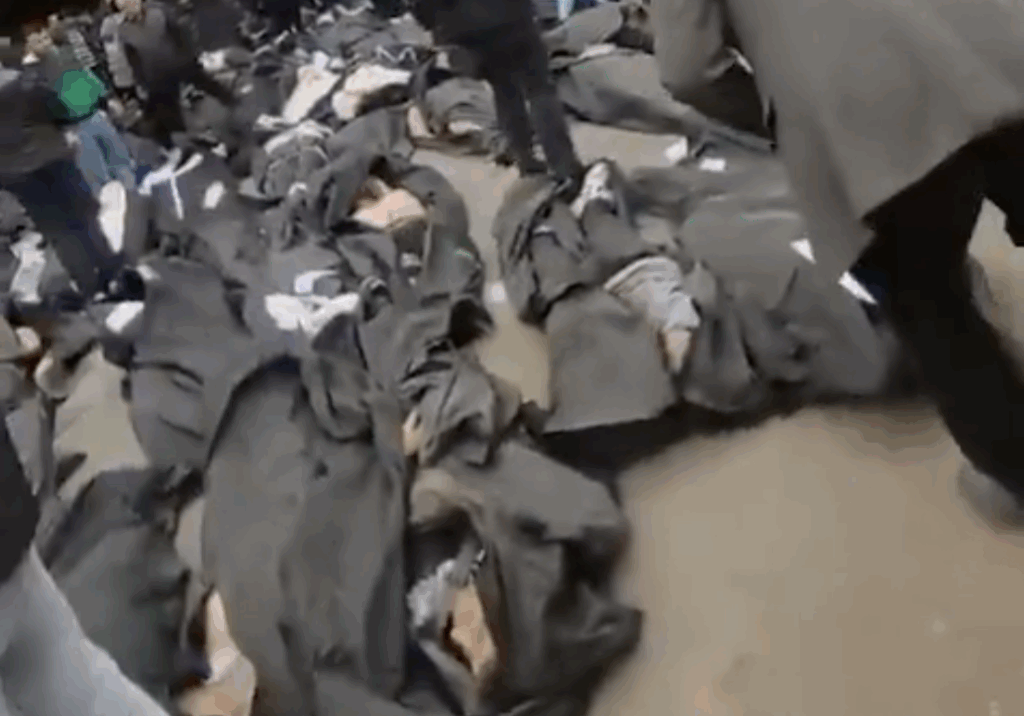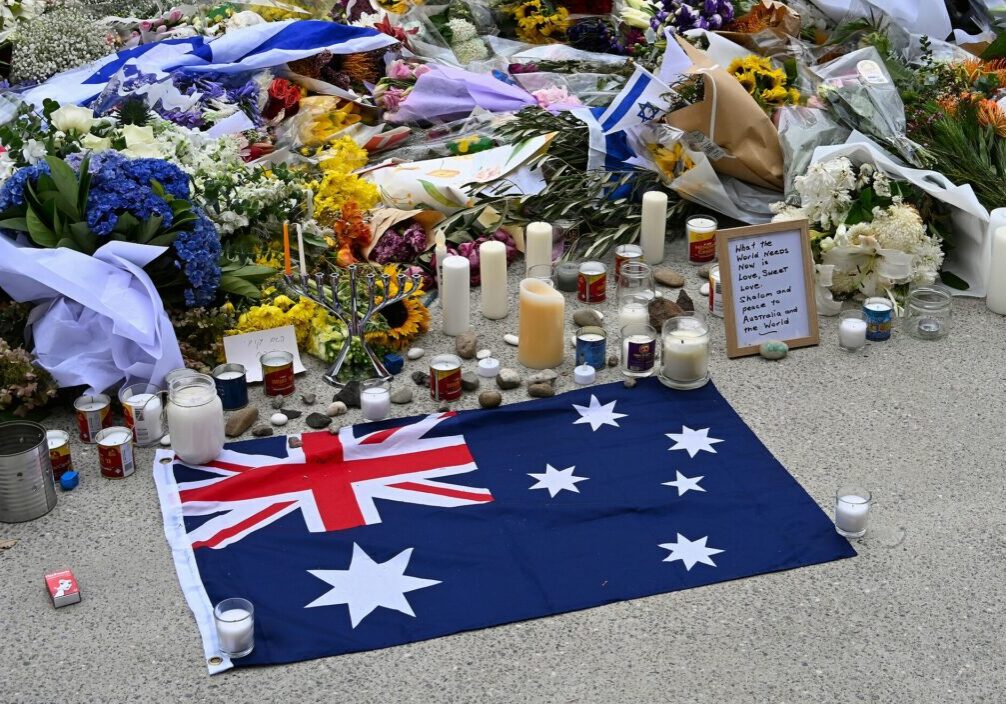Australia/Israel Review
Asia Watch: Hardened Core
Aug 6, 2018 | Michael Shannon
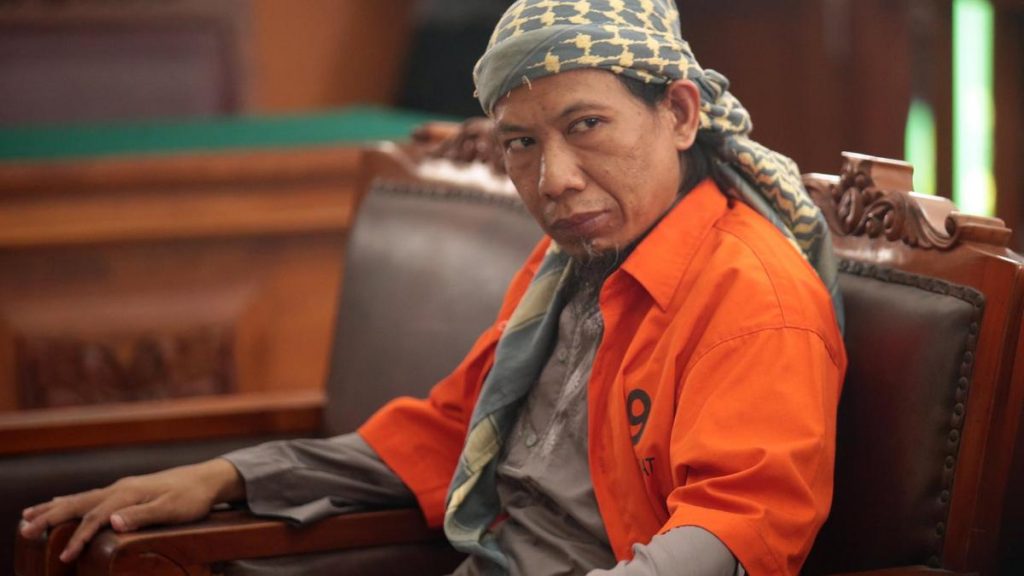
Conservative estimates suggest more than 1,000 fighters travelled to the Middle East from Southeast Asia to join Islamic State over the past five years. While the physical edifice of the “Islamic State” in Iraq and Syria has been all but pounded into dust, with hundreds of fighters either killed or in detention camps along the Turkish border, the influence of returned Southeast Asian cadres continues to be felt well beyond the five-month Marawi siege in the Philippines last year.
Recent terror-related developments point to a deeply radicalised core of activists with audacious plans to realise a Southeast Asian “caliphate”.
A Malaysian man who allegedly plotted the assassination of the nation’s monarch Sultan Muhammad V, Prime Minister Dr. Mahathir Mohamad and Minister in the Prime Minister’s Department Dr. Mujahid Yusof Rawa was among seven suspected Islamic State militants – four Malaysians and three Indonesians – arrested in an anti-terrorism operation held between July 12-17, Malaysian newspaper The Star reported.
Malaysian police said the 34-year-old man had posted the threats on Facebook, accusing the men of un-Islamic policies.
Dr Mujahid had recently been appointed by Prime Minister Mahathir to handle Islamic affairs, with a focus on “formulating a more inclusive and progressive policy” in the predominantly Muslim country. The move includes making the Islamic Development Department Malaysia (Jakim) more “tolerant” in its handling of Islamic-related matters in the country, after years of creeping Islamisation.
The two other arrests involved a 42-year-old Malaysian man and 24-year-old Malaysian woman in Johor on July 16. They allegedly transferred 4,000 Ringgit (A$1,330) to militant Muhammad Nasrullah Latif in Syria, who announced plans to launch attacks in Malaysia, Indonesia and the Philippines after the recent Eid celebrations but has since been killed. The 42-year-old Malaysian man was also in close contact with jihadist leader Muhammad Wanndy Mohamed Jedi, who also met his demise in Syria.
Across the waters in Indonesia, the elite Densus 88 anti-terror unit has rounded up hundreds of militants in recent months in the wake of a shocking series of suicide bombings targeting churches and police stations in the country’s second biggest city of Surabaya in May. The shocking aspect was that the bombings involved entire families that apparently had been radicalised by IS, although they were not returnees from Syria, as previously reported.
The details make for grim reading. Dian Oeprianto, his wife and four children, the youngest aged 12 and 9 respectively, carried out bombings at three churches in Surabaya City on May 13, killing 18 people and injuring 43. Later, a bomb exploded prematurely in the apartment of Anton Febrianto and his family, just outside Surabaya. Anton’s wife and one of their children died in the explosion, while he was later shot dead by police. Their three other children survived. Then, on July 17, a third family blew themselves up at the Surabaya police headquarters. The husband, Tri Murtiono, his wife, and two sons were killed. Their daughter survived.
The families were linked with Jemaah Ansharut Daulah (JAD), an umbrella organisation consisting of up to 20 affiliated militant groups. The leader of JAD, Aman Abdurrahman, is being held at the prison facility that was the scene of a 36-hour riot and siege by Islamic State followers in May. The seizure of an arms cache in an unsecured room adjoining the temporary detention centre led to the savage murder of five Densus 88 counterterrorism officers before police overwhelmed the hold-outs in a hail of gunfire after cutting off power, food and water.
Aman, with a long record of terror offences, has since been sentenced to death for directing a 2016 gun and bomb attack in downtown Jakarta from behind bars in a supposed maximum-security prison. However, it’s doubtful whether Aman or the nearly 300 other death-row prisoners will be executed anytime soon since President Joko Widodo appears to have had second thoughts about capital punishment – no executions have occurred since 2016.
National Police Chief General Tito Karnavian said Densus 88 is continuing to intensify its pursuit of terrorist networks and nearly 200 militants related to the networks have been arrested.
“We are sad because the terror attacks caused many casualties, but on the other hand, it gave a huge opportunity to the police to get into the terrorist network and arrest them,” he said. “We know where the networks are.”
In addition, a new anti-terrorism law passed in May extends police authority to go after suspected terrorists even without an attack having occurred. The 2013 anti-terrorism law only authorised police to take in suspects after an attack.
Under the new law, police also have more time to conduct investigations because the maximum detention period without charge for suspected militants has tripled to 21 days and the permissible detention period from arrest to trial doubles to more than two years.


